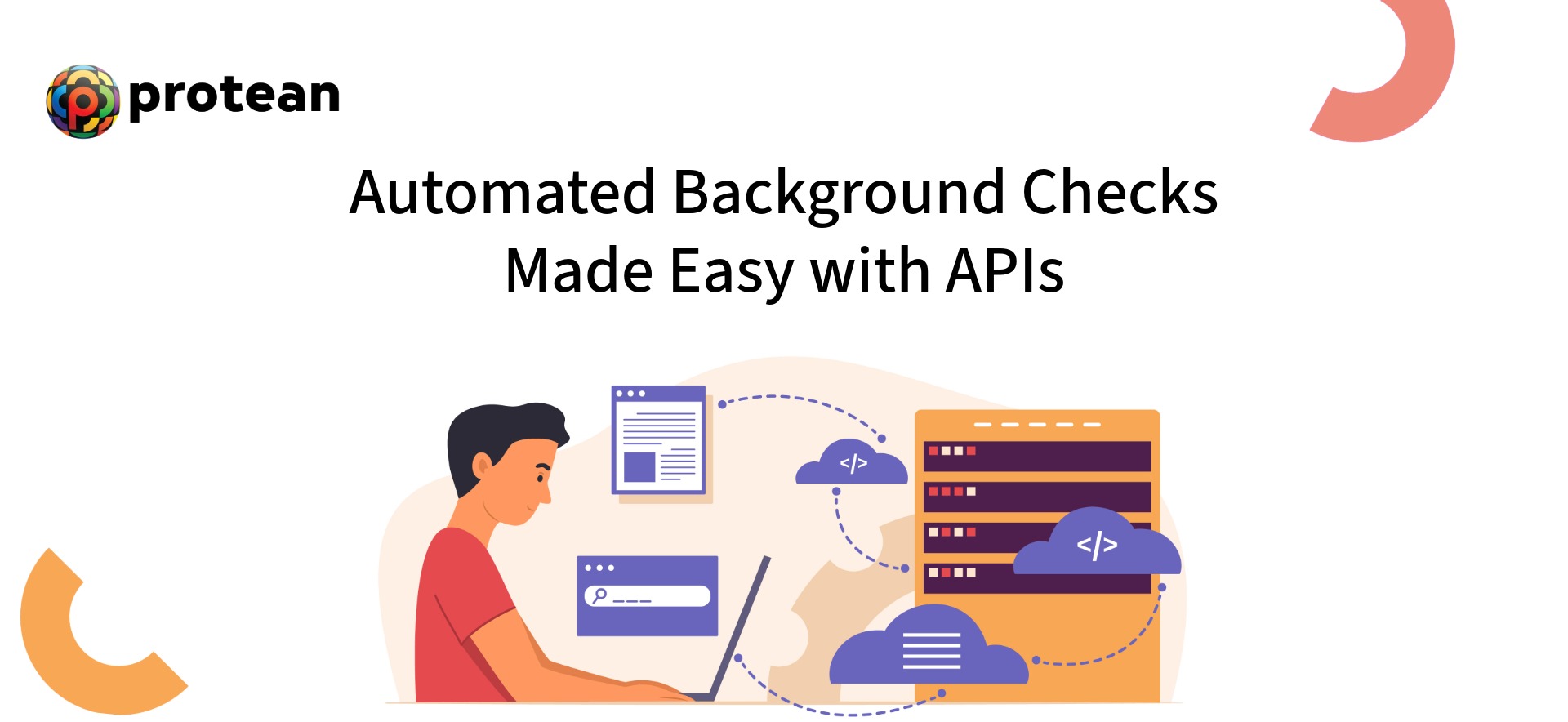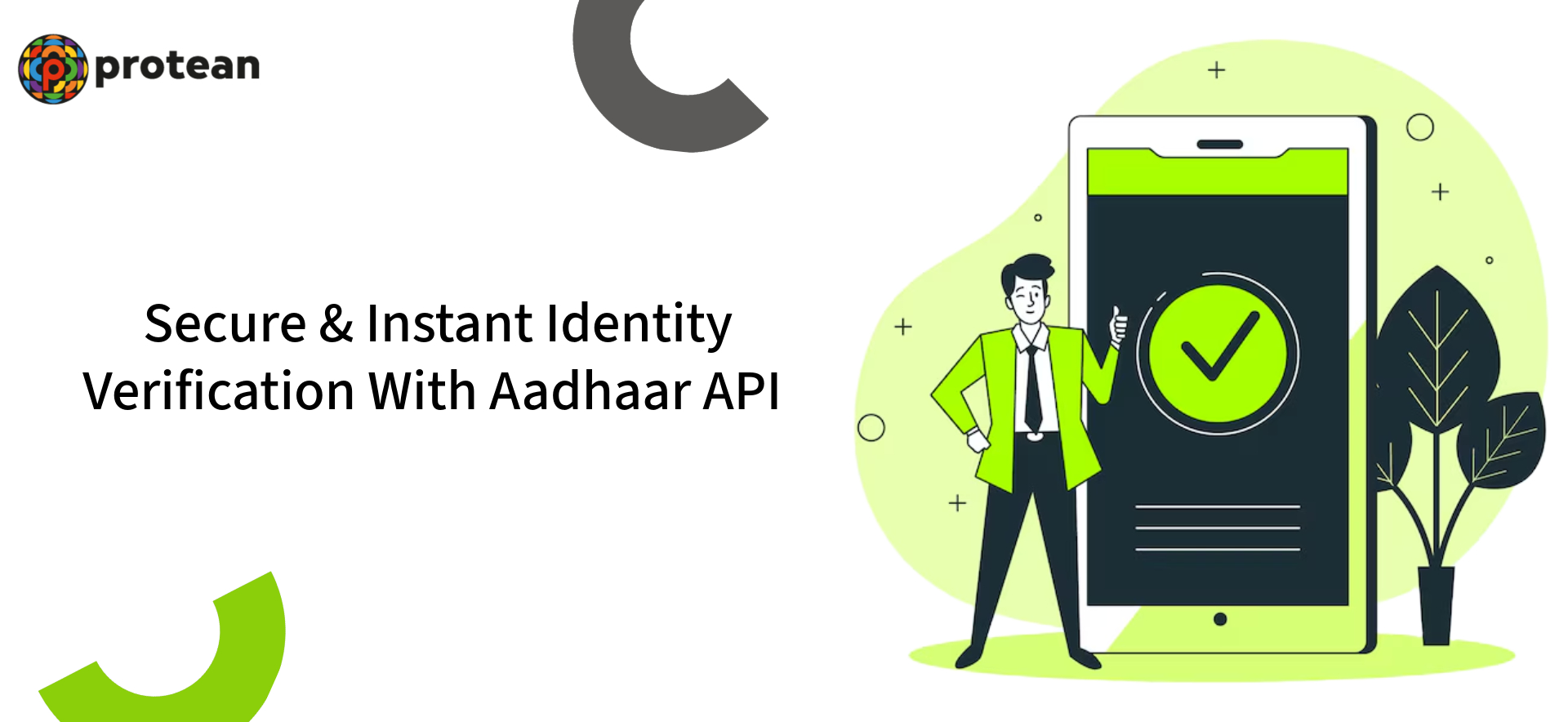Blogs
Why Businesses Need Email API for Fraud Prevention and Security
Email API integration; does your business have it? Here’s how important email API integration is for fraud prevention and security.
Fraudsters often exploit vulnerabilities in email workflows by launching phishing attacks, spoofing domains, and compromising customer trust.
There have been numerous regulatory frameworks such as India’s Information Technology Act (IT Act), 2000, and recent policies developments by the Ministry of Electronics & Information Technology (MeitY) like DPDP Act 2023. These have imposed stringent obligations regarding cyber risk, data integrity, operational accountability among others.
Email API, embedded in a business system can strengthen defence posture by enabling email verification that is:
- Automated
- Auditable
- Policy-aligned
Here’s how email API integration can enhance security under the evolving regulatory environment.
Hidden Risks of Manual Email Verification
Manual email verification process can be:
- Inherently slow
- Prone to errors
- Incompatible with regulatory compliance.
Without email API integration businesses can struggle to detect fraudulent emails such as spoofed messages or phishing attempts. Furthermore, they cannot reliably enforce authentication standards like Sender Policy Framework (SPF), Domain Keys Identified Mail (DKIM), or Domain-based Message Authentication, Reporting & Conformance (DMARC).
Moreover, for regulatory accountability, intermediaries must observe due diligence in digital communications as stipulated by the IT Act and the IT (Intermediary Guidelines and Digital Media Ethics Code) Rules, 2021.
Manual controls can fail to provide consistent safeguards, audit logs, or timely prevention. Thus, they can expose businesses to legal, reputational, and financial risk.
What is an Email API? A Simple Explanation
An email API is an application programming interface that can enable automated, code-driven handling of email tasks. These tasks can include email communications related to:
- Sending
- Receiving
- Authenticating
- Validating
- Monitoring
Email APIs have overcome the limitations of manual email handling or basic gateway filters. An email API can instantly enforce domain authentication (SPF, DKIM, DMARC), validate email addresses, block malicious content, and log activity for compliance.
Integrating an API into a system can allow for real-time detection of fraud vectors and supports regulatory reporting mandates. Furthermore, email APIs can embed robust email security into your operational workflows while ensuring traceability and compliance under Indian IT law.
RISE with Protean can facilitate the email API and email Fraud Check which can enable businesses to authenticate email addresses. With RISE, businesses can authenticate email without requiring users to click on verification links. They can also detect and prevent email fraud and phishing attacks.
Major Ways an Email API Enhances Your Business Security
Here are five major ways an email API integration can enhance business security:

Enforcing Domain Authentication for Legal Compliance
Email APIs support protocols like SPF, DKIM, and DMARC. These standards can verify that emails are sent from authorised domains and reduce the risk of spoofing. Thus, businesses can meet expectations of source integrity under the IT Act, 2000.
Encryption, Access Control, and Audit Trails
A secure email API can use encryption in transit and at rest. This can protect sensitive data as required under the Digital Personal Data Protection (DPDP) Act, 2023. They can also allow token-based and limited access controls to reduce misuse. Audit logs generated by APIs can provide records that are important for investigations and compliance with Indian IT Rules.
Real-Time Risk Detection and Blocking
An email API can detect phishing attempts, malicious links, or spoofed messages in real time. They can automatically block high-risk communications before they reach users. This quick response can support the regulatory requirement for timely handling of cyber incidents under frameworks issued by RBI, SEBI, and IRDAI.
Operational Accountability Through Compliance
The GoI’s Email Policy (2024) has highlighted the need for secure, monitored email systems. Email API integration can offer similar centralised oversight for businesses. It can ensure control over sender identity, attachments, and email content, creating accountability beyond internal checks.
Resilience and Auditability in Fraud Response
In cases of cyber fraud, such as SIM-swap scams, regulators may penalise institutions that fail to maintain security controls. Email API integration can provide logs and metadata that help trace incidents. This can help businesses show due diligence and respond effectively to inquiries from regulators.
Email API Integration: Major Business Use Cases
Here are a few API integration use-cases to consider:
- API validation to block registrations with disposable or fraudulent emails, reducing fake account risks.
- Password resets and payment confirmations in transactional messages to be authenticated and used only via secure, signed domains.
- Filter or score emails carrying instructions for fund transfers or credential updates, blocking suspicious content in real time.
- Maintain records of all critical emails for audit and legal compliance, an advantage during investigations or disputes.
- Automate adherence to organisational and regulatory email policies, ensuring only authorised personnel send sensitive emails.
Conclusion
In today’s regulatory environment, businesses need secure email APIs. These APIs can provide sender authentication using SPF, DKIM, and DMARC. An email API integration can also ensure encryption, controlled access, and clear audit trails. Furthermore, real-time fraud detection adds another layer of protection. Thus, businesses strengthen their operations, stay compliant, and keep email a safe channel that protects customers, reputation, and revenue. Get in touch with us now for email API integration from your business.
Frequently Asked Questions
- Are SPF, DKIM, and DMARC mandatory in India?
While not legally mandatory, adopting these email authentication protocols is widely considered industry-standard and supports compliance with the IT Act, particularly around impersonation and phishing fraud.
- Can email APIs help in regulatory audits?
Yes. APIs can provide comprehensive logging, content control, and metadata. These can be critical for demonstrating due diligence during audits or cyber literacy assessments under IT Rules.
- How do email APIs support encryption compliance?
Modern APIs can offer encryption in transit and at rest, aligning with India’s emerging data protection mandates. Thus, an email API integration can support compliance and provide business security.
- Do email APIs reduce response time to fraud?
Absolutely. Real-time scanning can enable instant detection and blocking of malicious emails, significantly reducing operational exposure.






